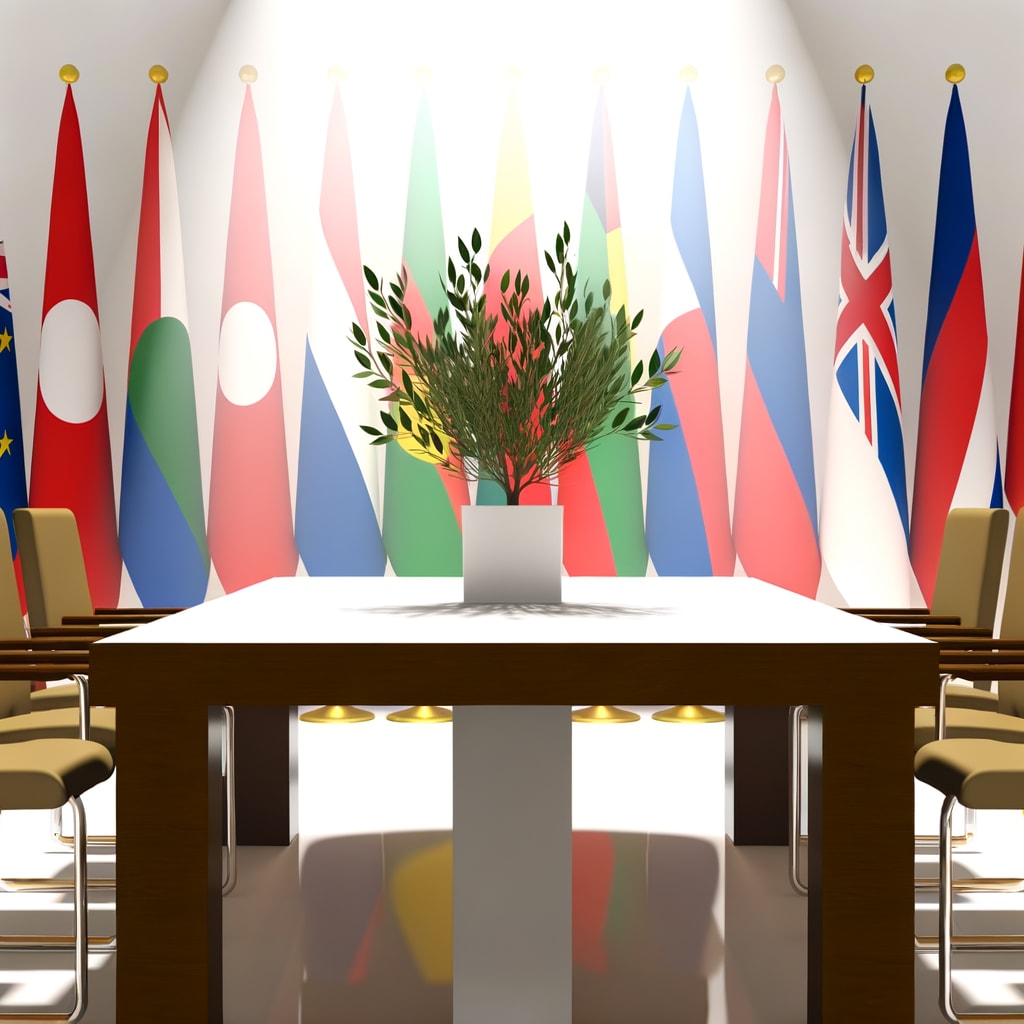House Democrats, UK, France, Canada, Australia, and EU States Recognize Palestine Amid Israeli Backlash
In a major diplomatic shift, dozens of House Democrats, led by Ro Khanna, have urged the Trump administration to recognize Palestinian statehood. This call comes on the heels of the UK, France, Canada, Australia, and several EU nations formally recognizing Palestine, a move that has sparked outrage and defiant rhetoric from Israel.
Recognition Amid Controversy
House Democrats are set to send a letter to President Trump and Secretary of State Rubio on Friday, urging them to recognize Palestinian statehood. The letter, which has 46 signatories, calls for the long overdue need to recognize Palestinian self-determination
. This comes amidst a wave of recognition from various Western nations, despite the fact that Palestine remains under Israeli control.
While these recognitions are seen as a win for Palestine by some, Israeli Prime Minister Benjamin Netanyahu has fiercely condemned these decisions. In a controversial speech to a largely empty UN General Assembly hall, Netanyahu rejected the creation of a Palestinian state, referring to it as a joke
and pledging to continue the Israeli control over the West Bank.
International Reactions to Netanyahu's Stance
Netanyahu's defiance was met with a significant walkout from the assembly hall, with many world leaders and diplomats boycotting his remarks. His speech was also criticized by Hamas, which accused Netanyahu of lying about Israeli crimes in Gaza. Several nations, including Pakistan and Bangladesh, have specified 'pre-1967' borders for Palestine, referring to areas captured by Israel in the 1967 war with Arab states.
However, not all nations are in agreement about the recognition of Palestine. New Zealand, for example, has chosen to hold off on recognizing Palestine, claiming it is not a prudent
move at present due to the ongoing conflict and a lack of clarity on next steps.
The Future of Palestinian Statehood
Despite the growing international recognition, the path to Palestinian statehood is fraught with controversy. Israel insists that recognizing Palestine amounts to encouraging terrorism, and the U.S. administration views it as a reward for Hamas.
Meanwhile, the Palestinian Authority hails this recognition as the culmination of years of diplomatic work. However, skeptics argue that this recognition is mostly symbolic and won't significantly change the reality on the ground. As world leaders continue to debate the issue, protestors are calling for more tangible action to advocate for Palestine.
While the recognition of Palestine by multiple Western nations marks a significant diplomatic shift, the future of the Palestinian statehood remains uncertain. As the international community grapples with the implications of these recognitions, the conflict between Israel and Palestine continues to escalate.

